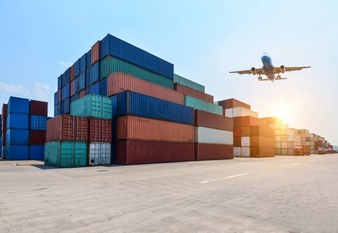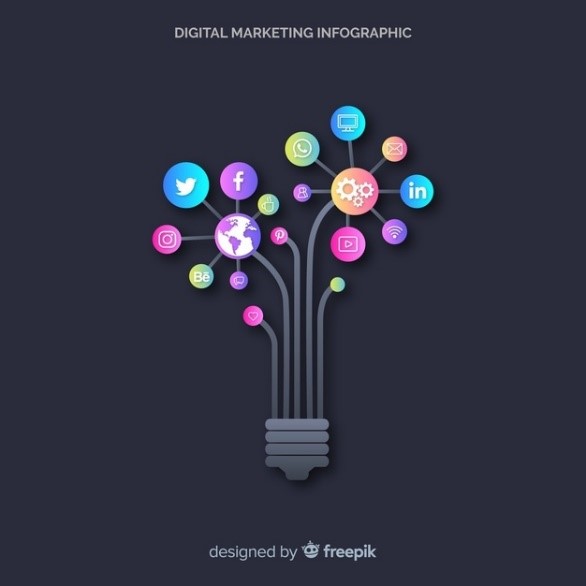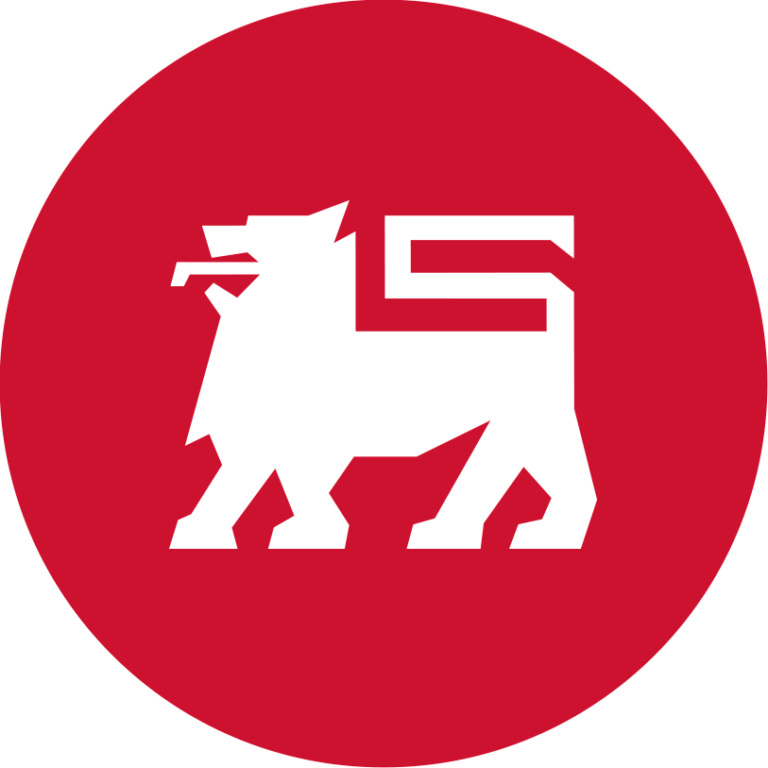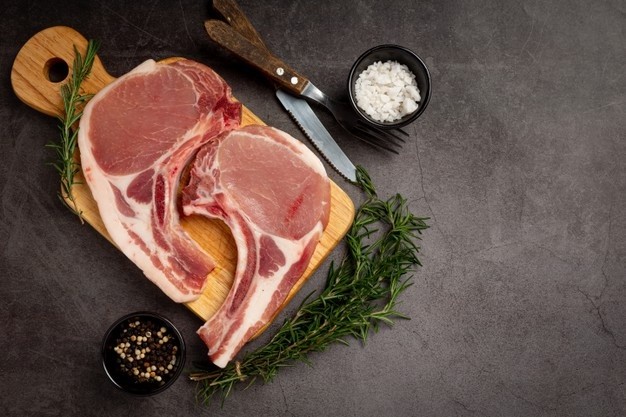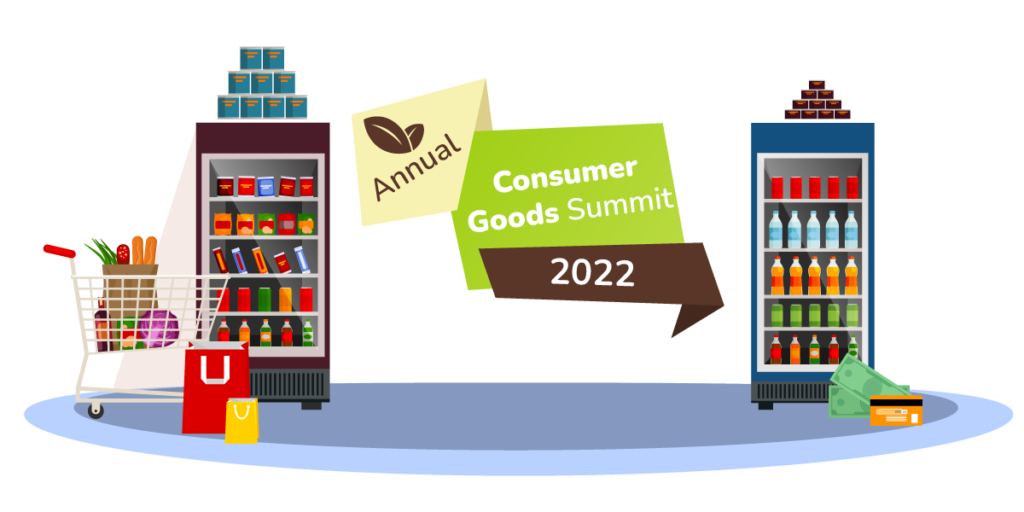
Yandex partnered with Carrefour to launch automated delivery services in Dubai
Russian-based self-driving group, Yandex, has collaborated with Majid Al Futtaim, an exclusive franchisee of Carrefour in Dubai, to offer automated delivery services via robots across its stores in the region. Carrefour would be the first omnichannel retailer to offer autonomous robot delivery to its consumers in Dubai. The consumers of selected localities would be able to receive their orders via Yandex’s autonomous delivery robots. The MAF Carrefour app would allow the consumers to track the robot in real-time. The autonomous robots would reach their targeted destination by traveling at the speed of 8 kilometers per hour. Read more from Esmmagazine

